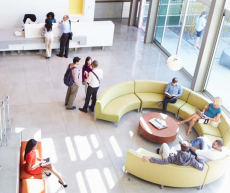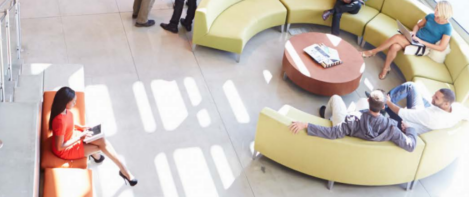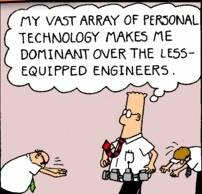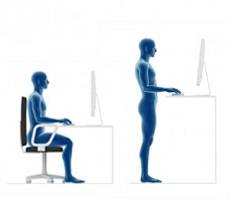December 10, 2015
Boardroom now more likely to view offices as strategic asset, claims report 0
 A new research paper claims to reveal changes in the way that UK companies now perceive and evaluate their commercial property portfolios – both as a physical workplace and as a strategic asset that can help them to meet corporate goals. The report, entitled Redefining Commercial Property Performance – The alignment of property and workplace with corporate objectives was written by Insight’s own Sara Bean and was commissioned by managed office solutions provider Portal. As part of the research, interviews were conducted with property professionals, workplace consultants and occupiers including RICS, Leesman UK, TD Wealth International, TSK Group, Cushman & Wakefield and Sheffield Hallam University. The findings of the paper claim to reveal the growing importance of measuring the performance and return from commercial office space and the necessity to more closely align property with corporate goals.
A new research paper claims to reveal changes in the way that UK companies now perceive and evaluate their commercial property portfolios – both as a physical workplace and as a strategic asset that can help them to meet corporate goals. The report, entitled Redefining Commercial Property Performance – The alignment of property and workplace with corporate objectives was written by Insight’s own Sara Bean and was commissioned by managed office solutions provider Portal. As part of the research, interviews were conducted with property professionals, workplace consultants and occupiers including RICS, Leesman UK, TD Wealth International, TSK Group, Cushman & Wakefield and Sheffield Hallam University. The findings of the paper claim to reveal the growing importance of measuring the performance and return from commercial office space and the necessity to more closely align property with corporate goals.

































December 8, 2015
Linear equations are no longer enough to determine the size of offices
by Mark Eltringham • Comment, Facilities management, Furniture, Technology, Workplace design
In 2013, the US Census Bureau announced that the official human population of the Earth had exceeded 7 billion for the first time. This provoked people to raise concerns that were couched in Malthusian pessimism. Although people might have assumed we’d left behind this kind of flawed thinking, there is obviously something appealing about the idea that exponential population growth is unsustainable when resources increase only in arithmetical terms. We’ve got a problem but what we should have learned in the two centuries since Thomas Malthus first popularised the idea is that there are complex factors that can influence the resources we need to survive, not least in terms of greater efficiency in the way we produce them. A similar debate is also apparent in the way in which the commercial property market is able to offer the right sort of buildings for modern organisations.
(more…)